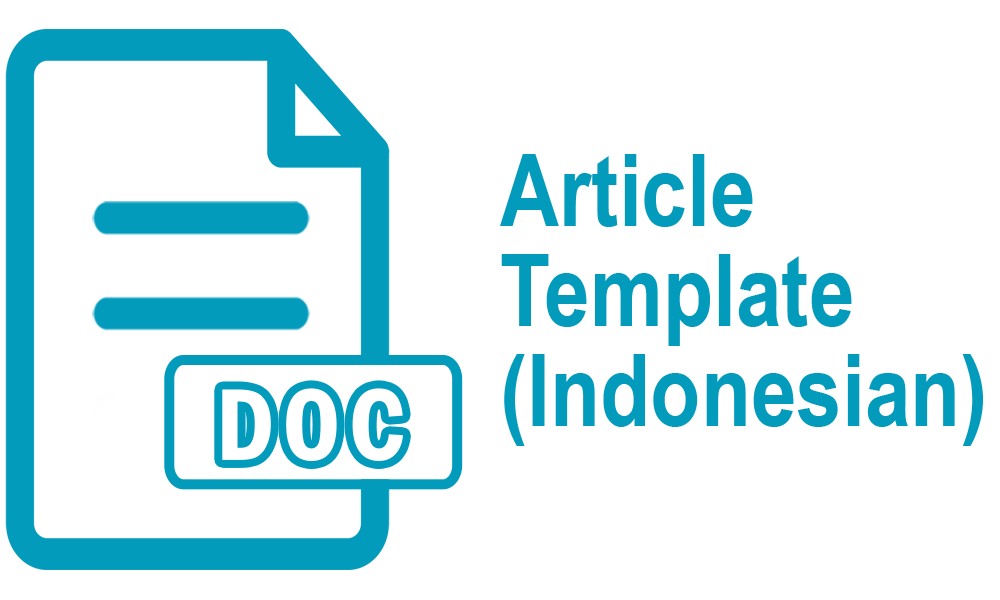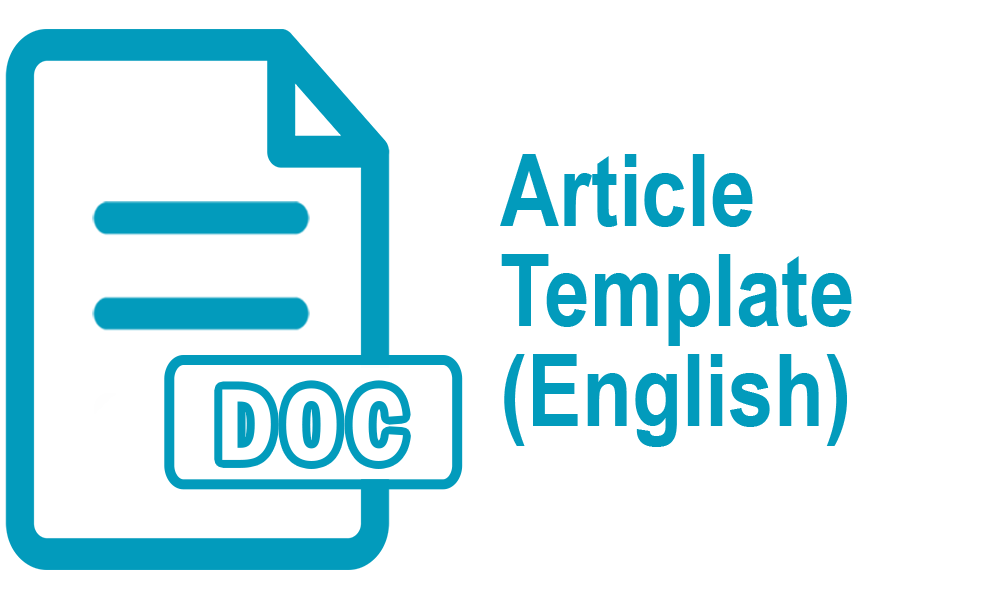CODE SWITCHING AND CODE MIXING ON CHINA RICH GIRLFRIEND NOVEL BY KEVIN KWAN
Abstract
This research aimed to find the classification of code switching and code mixing types, and the identification of the reasons that indicated the characters performing code switching and code mixing in the novel entitled China Rich Girlfriend by Kevin Kwan. The researcher used qualitative and content analysis approach in analyzing and interpreting the data. The data source of this research was China Rich Girlfriend novel and data were generated from the dialogues and utterances by the characters which contained the practice of code switching and code mixing. Through the finding of the analysis, there were 87 practices of code switching which is divided into three types. Those are intra-sentential switching, inter-sentential switching and tag switching. And there were 60 practices of code mixing which is known as insertion, alternation and congruent lexicalization. The reasons of the characters performing code switching and code mixing are talking about particular topic, interjection, quoting somebody else, being emphatic about something and expressing group identity.
Keywords
Full Text:
PDF (Bahasa Inggris)References
Appel, R., and Pieter Muysken. (1987). Language Contact and Bilingualism. London: Edward Arnold.
Beltrán, Rubén Chacón. (2013). Introduction to Sociolinguistics.
Berg, Bruce L. 2001. Qualitative Research Methods For The Social Sciences. United State of Amerika: California State University.
Bokamba, E. 1989. Are there Syntactic Constraints on Code-mixing? World Englishes.
Butler, Y. G., & Hakuta, K. (2004). Bilingualism and Second Language Acquisition. The Handbook of Bilingualism.
Chaer, A., & Agustina, L. (2004). Sosiolinguistik Perkenalan Awal. Jakarta: Rineka Cipta.
Chambers, J. K. (2002). Studying Language Variation: An Informal Epistemology. In Chambers at al.
Crystal, David. (2003). The Cambridge University of Language. Cambridge: Cambridge University Press.
Crystal, David. (2003). English as a Global Language. Cambridge: Cambridge University Press.
Crystal, David. (2006). How Language Works. Penguin Books.
Denzin, Norman K. (1970). The Research Act: A Theoretical Introduction to Sociological Methods. Chicago: Aldine Pub. Co.
Denzin, Norman K. and Yvonna S. Lincoln. (1998). The Landscape of Qualitative Research. SAGE Publications.
Gardner-Chloros, P. (2009). Code-switching. Cambridge University Press: Cambridge, New York.
Hakuta, K. (1986). Mirror of language: The debate on bilingualism. The United State America: Basic Books, Inc.
Haugen, E. (1953). The Norwegian Language In America: A Study In Bilingual Behavior. Philadelphia: University of Pennsylvania Press.
Hamers, Josaine F. and Michael H. A, Blanc. (2000). Bilinguality and Bilingualism. English: Cambridge University.
Hoffman. (1999). Code Switching in Conversation: Language, Interaction and identity. New York: Routledge.
Hoffman, C. (1991). An Introduction to Bilingualism. Califorman: Longman.
Holmes, Janet. (1992). An introduction of Sociolinguistics. Longman: London and New York.
Hudiyono, Y., Rokhmansyah, A., & Elyana, K. (2021). Class conversation strategies in junior high schools: Study of conversation analysis. Cypriot Journal of Educational Sciences, 16(2), 725–738. https://doi.org/10.18844/cjes.v16i2.5649
Hudson, R. A. (1980). Sociolinguistics: Edition 2. Cambridge: Cambridge University Press.
Hussein, Pascal Ally. (2015). Linguistics and Literary Criticism: Shall the Twain Never Meet?
Iswanto, Ari, Idah Yuniasti and Fera Nelfianti.(2017). Analysis of Types Code Switching and Code Mixing by The Sixth President of Republic Indonesia’s Speech at the National of Independence Day.
Kachru, B., (1983). The Indianization of English: The English Language in India. Oxford University Press, Delhi, India.
Kwan, Kevin. (2015). China Rich Girlfriend. Toronto: Doubleday Canada.
Mackey, W. F. (1962). The Description of Bilingualism. Washington, DC: Georgetown University Press.
Miles, M. B., & Huberman, A. M. (1994). Qualitative Data Analysis: Edition 2. Newbury Park, CA: Sage.
Muysken, Pieter. (2000). Bilingual Speech: A Typology of Code Mixing. Cambridge University Press.
Nababan, P. W. J. (1993). Sosiolinguistik Suatu Pengantar. Jakarta: Gramedia Pustaka Utama.
Neuman, W. Lawrance (2008). Social Research Methods : Qualitative and Quantitative Research. Allyn and Bacon.
Octavita, Rr. Astri Indriana. (2016). Code Switching and Code Mixing in Novel the Devil Wears Prada by Lauren Weisberger: A Sociolinguistic Study.
Plangarica, T. Education for the knowledge society On the Relation between Linguistics and Literature in the Teaching of the Albanian Language and Literature.
Putri, Desi Eka, Dr. Rita Sutjiati Djohan and Dra. Endang Purwaningsih. (2016). A Study of Code Mixing in English Novel Entitled “Crazy Rich Asians” By Kevin Kwan.
Poplack, Shana. (1980). Anthropological and Sociolinguistics Perspectives. Poplack, S. (1980). Sometimes I'll start a sentence in Spanish Termino En Espanol: toward a typology of code-switching.
R. De Beaugrande. (1993). “Closing the Gap between Linguistics and Literary Study: Discourse Analysis and Literary Theory”/. Journal of Advanced Composition, vol. 13, no. 2.
Romaine, S. (1995). Bilingualism: Edition 2. Oxford: Blackwell.
Simpson, P. (1996). Language Through Literature: An Introduction. Routledge.
Sridhar, K.K. (1996). Societal Multilingualism. In: McKay, S.L. and Hornberger, N.H., Eds., Sociolinguistics and Language Teaching, Cambridge University Press, Cambridge.
Spolsky, Bernard. (1998). Sociolinguistics. Oxford: Oxford University Press.
Stockwell, P. (2002). Sociolinguistics: A Resource Book for Students. University of Nottingham: Psychology Press.
Trudgill, Peter. (2000). Sociolinguistics: An Introduction to Language and Society Fourth Edition. London: Penguin Books.
Wardhaugh, Ronald. (2002). Introduction to Sociolinguistics. Oxford: Basil Blackwell.
DOI: http://dx.doi.org/10.30872/jbssb.v5i2.4045
Refbacks
- There are currently no refbacks.
Copyright (c) 2021 Lisa Agustiyana Budi, Surya Sili, Chris Asanti
Editorial address:
Fakultas Ilmu Budaya, Universitas Mulawarman
Jl. Ki Hajar Dewantara, Gunung Kelua, Kec. Samarinda Ulu, Kota Samarinda, Kalimantan Timur, Indonesia 75123
Email: jurnalilmubudaya.fibunmul@gmail.com
Website: http://e-journals.unmul.ac.id/index.php/JBSSB
Ilmu Budaya: Jurnal Bahasa, Sastra, Seni, dan Budaya is licensed under a Creative Commons Attribution-ShareAlike 4.0 International License






